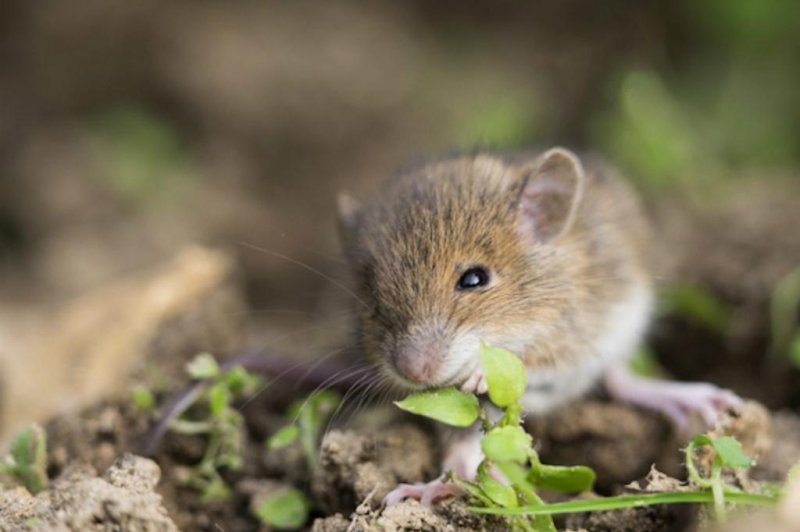Mice raised communally are more competitive as adults, new research showed. Photo by University of Liverpool
Nov. 16 (UPI) -- It takes a village to raise a child -- and to raise a mouse. According to a new study, mice raised communally benefit from a competitive advantage as adults.
The new research was published this week in the journal Scientific Reports.
"Female house mice pursue two flexible social strategies, either raising their offspring in communal or single nests," Stefan Fischer, researcher at the University of Liverpool, said in a news release. "This makes them an ideal model species to study how these different approaches shape future development."
The decision to raise mice communally or in a single nest is influenced by a variety of local conditions, including the levels of social competition, but until now, scientists hadn't measured the effects of rearing decisions on adult behavior.
Researchers found communally reared male mice were more competitive than single reared male mice. Communally reared males used scent marking to more aggressively mark territory featuring the scent of unrelated males. Communally reared males were also less likely to act aggressively toward related males.
Communally reared males also showed greater territorial curiosity and a propensity for exploration. In tests, they were more willing to venture across water barriers.
"Since exploration tendencies and discrimination between kin and non-kin are likely to be advantageous when dispersing from the natal territory or in a high-density population, our findings suggest that communal rearing prepares male house mice for a competitive social environment," Fischer said.
The new findings add to a growing body of research that suggests an animal's early life experiences have an impact on outcomes later in life.
Another study published earlier this year found animals who enjoyed less stressful upbringings were more likely to age gracefully and enjoy reproductive success during their later years.















